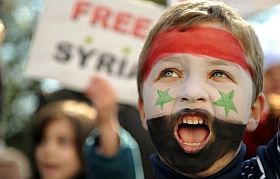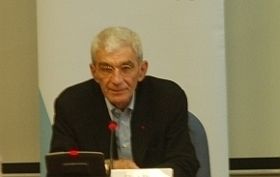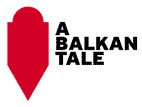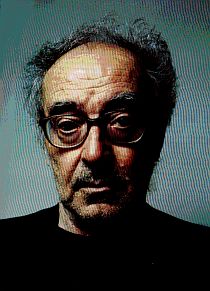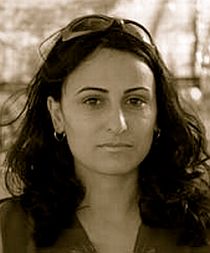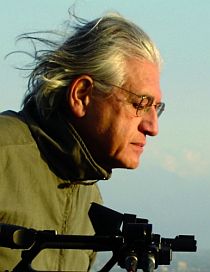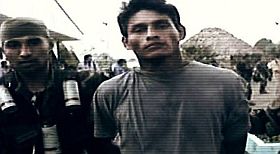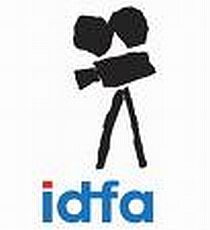


Storydoc in Athens Greece
The second seminar of the Athens based documentary project development Storydoc took place during the last three days of November 2011. After a prologue in Ramallah, which was a training session for around 20 Palestinian filmmakers, the first session with four selected Palestinian projects plus another 20 projects coming from Greece, Lebanon, Egypt, Algeria, Spain, Croatia, Scotland and the UK, was organised in Corfu, Greece in July
4 months later most of the project holders met again having done progress in terms of writing and visualisation through trailers on the basis of research and putting (some) financing together. As in the first session the programme is a mix of inspirational lectures, project work, lots of screenings of full films and clips, meetings with distributors and broadcasters, presentations.
The idea is very simple – Storydoc invites Mediterranean documentary projects and -makers and filmmakers from other countries with stories from the region. Networking, project development, eventual (but gosh how big the crisis is everywhere (also) for documentary financing) financing.
A seminar in Greece, in November 2011, after a lot of turbulence around the Greek economy, a new government, the EU leaders meeting constantly to find a way! In Greece where – I met a daughter of one of them – politicians do not walk out alone in the evenings and where most of them have bodyguards around them. It is not easy and there is much frustration, hate, aggression, anger and little hope and optimism. The situation for the Greek film people? Well the Greek Film Centre, I understood, has been out of operation for a long time, and the representative from Greek television ERT told her colleagues that she could not tell anything as everything, slots for documentaries, funding, whatever, was up for discussion and change. That Storydoc continues is only due to the commitment and fundraising skills of its founder, Kostas Spiropoulos, and his Mama Storydoc, Chara Lampidou, who never give up and try to stimulate the sector wherever possible. Storydoc has a ”subtitle”: The Educational Institute for Documentaries. Indeed it is.
